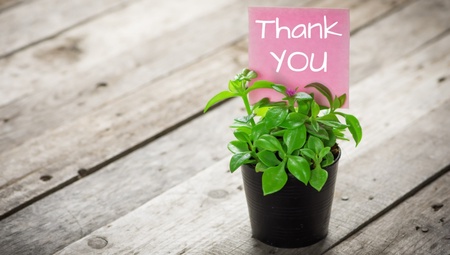Viktoria Eriksson, who is in the second year of a PhD in Sociology, has spent the last three months on placement with the Scottish Household Survey. As part of her role she has developed a more user-friendly and accessible method of sharing survey data which usually requires expert skills to access. Viktoria’s work has made this critical information more easily availble to policymakers, charities and researchers and was also shortlisted for a prestigious award. Read more here
Led by Dr Kathryn Martin, research is underway to understand the effect of lockdown on older people’s physical activity and well-being. As well as gauging how public health messages are being interpreted by those aged 65 and over, and the impact on their levels of exercise, the study will also consider the impact of Covid-19 restrictions on feelings of loneliness and so-called ‘help-seeking behaviours’ – such as making GP appointments, or asking for help with shopping.
The results of the study will help inform potential policy decisions on support for older people, who are more likely to have to continue to shield themselves for a longer period than the rest of the population due to their increased vulnerability.
The study is one of six University projects to be awarded a share of almost £1 million by the Scottish Government as part of The CSO Rapid Research in Covid-19 programme call.
Using a network of walking groups based in the north-east of Scotland as the basis for her research, Dr Martin hopes to gain valuable insights that might help develop interventions for older people.
In another project in the CSO funded Rapid Research in Covid-19 programme, Professor Corri Black is leading research into alternative care plans for vulnerable patients whose regular hospital and GP check-ups have been disrupted due to the Covid-19 pandemic.
Patients at the highest clinical risk are among the 200,000 people in Scotland required to shield themselves to minimise their chances of being infected with Covid-19. They have been told to self-isolate, however many of those with multiple health problems need regular clinic appointments and hospital admissions. Unless the NHS can find different ways to look after them, this strategy could make their underlying conditions worse. By linking the NHS Grampian’s ‘shielding list’ with electronic records already held – the team will create a detailed record of vulnerable patients’ past healthcare use including: hospital and A&E admissions, outpatient visits, radiology and laboratory results, and prescribing.
They will also compare that data with data from various sources including the Scottish Ambulance Service and NHS 24, A&E admissions and others in order to build a picture of these patients’ healthcare utilisation during the pandemic. This will allow the Aberdeen researchers to identify patients whose care pattern has changed substantially and those who have worsening health.
The results of the study will be rapidly released to the NHS to support and improve current planning and care for vulnerable patients.
An extra 1000 Covid-19 tests will be carried out every day in North-east Scotland thanks to a partnership between NHS Grampian, the University of Aberdeen and other key partners.
The NHS Scotland Genetics Consortium Laboratory, based in the University of Aberdeen Medical School, has been boosted by the loan of equipment from the University and associated companies and research institutes.
The move will provide significant additional SARS CoV-2 testing capacity and contingency to the existing NHS Grampian Virology department service.
From the start of lockdown, the University of Aberdeen arranged to lend NHS Grampian high value equipment for running the Covid-19 antigen test.
University staff have also volunteered to help with the testing and the University has generously donated their time to the NHS.
The University of Aberdeen’s Rowett Institute, the Moredun Institute and the Aberdeen Marine Laboratory have also loaned equipment.
Professor Zosia Miedzybrodzka, University lead and Medical Genetics Service Clinical Director said: “We are enormously grateful to the genetics, virology and university staff, and the procurement and management teams of National Services Scotland, as well as the equipment and reagent supply companies who have worked well in excess of their normal hours to get this additional testing up and running to support the fight against Covid-19.
“The additional capacity will be essential as Scotland moves to the “test, trace, isolate and support” programme recently announced by the First Minister.”


